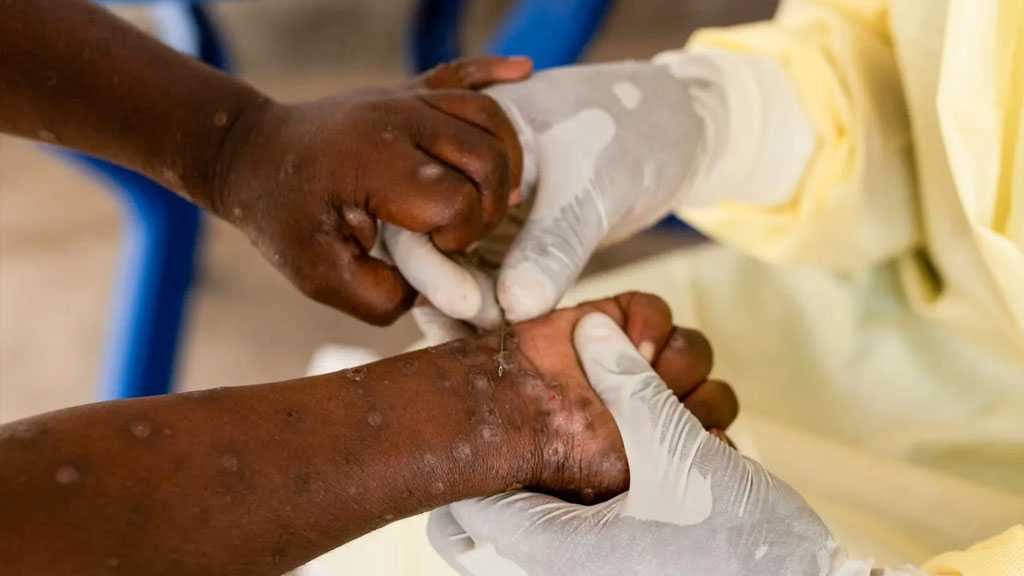Marburg Virus Outbreak Reported in Africa

By Staff, Agencies
A second country in Africa has recently reported cases of Marburg, an infectious disease that has high fatality rates and, according to the World Health Organization, epidemic potential.
The news has lent urgency to ongoing efforts to develop a vaccine for Marburg — and concern among public health officials that earth's changing climate could be fueling the outbreaks.
The first outbreak this year was reported in February in Equatorial Guinea, but WHO was concerned the country was undercounting those cases. On Wednesday, Reuters reported that Equatorial Guinea had confirmed a total of 13 cases since the beginning of the pandemic. The case count update came the same day as WHO, whose staff on the ground suspected more cases, asked Equatorial Guinea to be transparent about how many cases the country had. Equatorial Guinea has also reported 20 probable cases, all of whom have died.
About 1800 miles away, across the continent, Tanzania is also reporting a Marburg outbreak and has confirmed eight cases, including five deaths in the northwest Kagera region, according to WHO.
Marburg is a hemorrhagic fever virus, which can lead to the body's organs shutting down. Symptoms vary but usually start with a headache and fever. The host animal is believed to be the fruit bat, which often is found in caves. Bats can directly infect humans or monkeys and pigs can be infected by the bats and then those animals infect humans. Marburg is spread through direct contact [through broken skin or mucous membranes] with blood, secretions, organs or other bodily fluids of infected people and through any materials such as bed sheets that become contaminated with the infected fluids.
As is the case with Ebola, burial ceremonies have sometimes been a source of infection if people come in contact with secretions of someone who died of the virus.
WHO's Director General General Tedros Adhanom Ghebreyesus spoke about the effects of climate change on disease at a press conference this week. "The outbreaks of Marburg virus disease are another reminder that we can only truly protect human health if we also protect the health of animals and our planet, which sustains all life," said Dr. Tedros, adding that WHO has been working on the issue with the Food and Agriculture Organization and the World Organization for Animal Health and the UN Environment Program.
The groups participated in a meeting at WHO headquarters last week and called for countries to "[strengthen] the policies, strategies, plans, evidence, investment and workforce needed to properly address the threats that arise from our relationship with animals and the environment."
Marburg was first identified in 1967 among lab workers in Marburg, Germany, and Belgrade, in what is now Serbia. They were exposed to the virus during research with monkeys or tissue samples of the monkeys originally from Uganda.
Comments
- Related News

Kenya Primary School Fire Kills 17 Students
2 months ago


